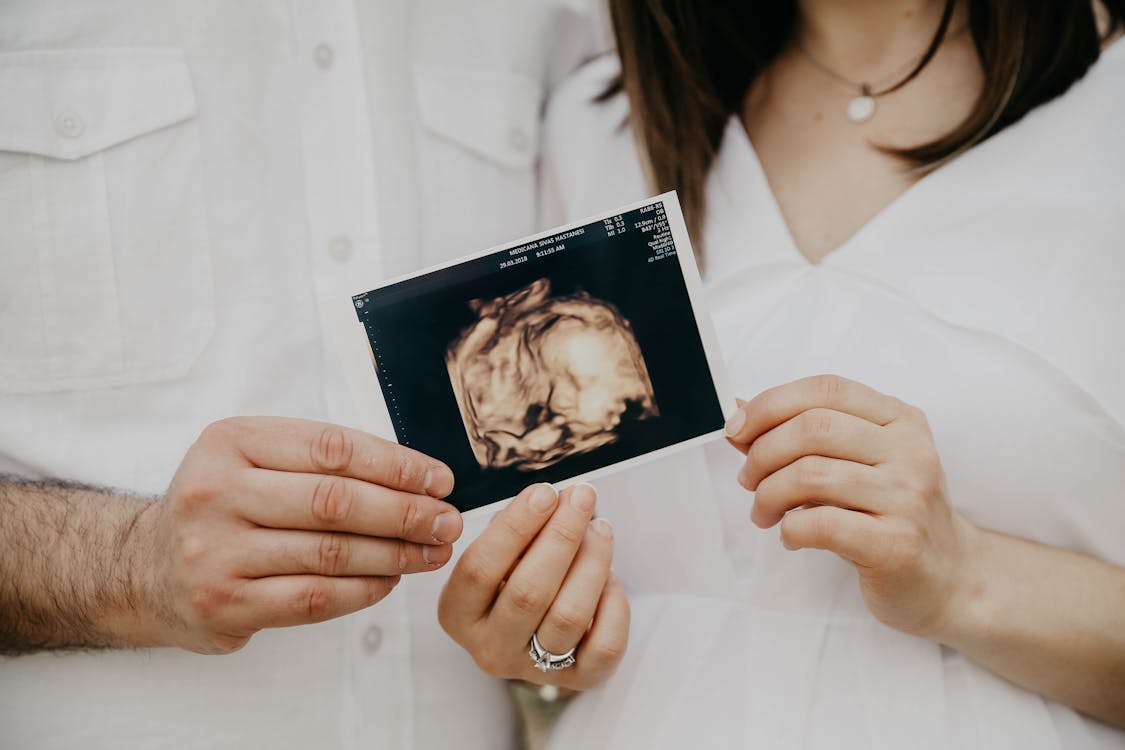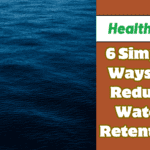How Should New Mothers Recover Post-Delivery?
In short, the time after having a baby is special and requires patience, taking care of yourself, and understanding that your body and life are going through changes. Recognizing and respecting your body’s need for recovery is important for both your happiness and your baby’s well-being.
How to care for the new mothers properly?
1. Rest and Recovery:
- Make sure the new mom gets lots of sleep and rest. After having a baby, her body needs time to recover. Sleep is crucial for this recovery, helping both physically and mentally.
- Encouraging rest is not just about healing the body; it also helps with the emotional challenges that come with being a new mom. Lack of sleep can make her tired, moody, and stressed.
- By making sure she gets enough rest, we can make the postpartum period more positive, helping her handle the demands of caring for a newborn.
- Quality sleep is vital for the body to heal and repair tissues. This is especially important if she had a cesarean section or faced complications during childbirth.
2. Nutritious Diet:
- Make sure the new mom eats well to help her body heal and regain strength.
- Foods with lots of nutrients, like fruits, veggies, lean proteins, whole grains, and dairy, are good choices.
- If she’s breastfeeding, this kind of diet is essential for both her recovery and providing nutrients for her baby through breast milk.
- Hydration is also important, so she should drink enough water, especially if she’s breastfeeding.
3. Emotional Support:
- Being there for a new mom emotionally is really important. It’s not just about her physical health; her feelings and emotions matter too.
- Listen when she wants to talk and try to understand how she’s feeling. Creating a supportive and caring environment means providing comfort, reassurance, and being patient.
- Adjusting to being a mom can be a lot to handle, and emotions can be all over the place. Having someone who is patient and supportive makes a big difference.
- Helping her through the ups and downs of motherhood with care and understanding contributes to a positive experience. Every mom’s journey is different, and being patient and caring can really make things better.
Also See:
Best Indoor Games For Child Development: Benefit and Games to play
4. Assistance with Daily Tasks:
- Helping with daily tasks is a great way to support a new mom. Doing things like cooking, cleaning, or laundry can really make a big difference. This allows the new mom to focus more on herself and the baby.
- Taking care of a newborn is a big job, and easing the workload by assisting with everyday chores is a thoughtful way to lend a hand.
- It gives the new mom the chance to prioritize her own well-being and spend quality time with her baby without worrying about extra household tasks.
- Offering practical help with chores is a kind and useful way to show support.

5. Encourage Gentle Exercise:
- Taking it easy after having a baby is crucial, but doing some easy exercises like walking or gentle stretches can really help you get back in shape. Always talk to your doctor before you start any exercise routine, though.
- Walking is a simple and great way to get your body moving without putting too much strain on it. It helps your heart and can keep your weight in check. Plus, it gets your blood flowing, which is important for healing and reducing any swelling you might have after giving birth.
- Doing light stretches, with guidance from your doctor or a postpartum exercise expert, can ease muscle tension and make you more flexible.
- This is especially good if you’re feeling tight or uncomfortable in your back, shoulders, or hips after having a baby.
6. Bonding Time:
- Encouraging time together for a new mom and her baby is really important. It’s not just a nice thing – it helps both the mom and the baby feel close and happy. Doing things like cuddling, holding the baby close, and talking or singing to them helps create a strong connection.
- This bonding time is not just about feeling good; it also releases special hormones like oxytocin that make the mom and the baby feel even more connected.
- This close connection builds trust and makes the baby feel safe and loved. Plus, it brings a lot of happiness to the mom.
- Spending time together also helps the baby feel secure and sets the stage for good mental health as they grow up.
7. Provide Information:
- Helping new moms understand how to take care of themselves after giving birth is really important.
- There are a few key things to focus on, like keeping clean, taking care of the area between the vagina and anus (called the perineal area), and being aware of signs that could mean postpartum depression.
- Firstly, it’s crucial for new moms to maintain good hygiene. This means washing hands regularly, especially before touching the baby, and making sure to stay clean in the perineal area. Changing sanitary pads often, washing hands properly, and taking warm showers can prevent infections and keep things healthy.
- Taking care of the perineal area, which can be sore after childbirth, is also important. New moms can use a squeeze bottle with warm water after using the toilet and pat gently instead of wiping.
8. Offer Breastfeeding Support:
- Helping a new mom who is breastfeeding is really important for her and the baby.
- Making sure she has a comfortable place to breastfeed and has all the things she needs can make the breastfeeding experience better.
- Firstly, having a comfortable spot for breastfeeding is key. This can be a quiet place where the mom feels at ease.
- A comfy chair or cushions for back support, good lighting, and fresh air can make the space more relaxing. Having a specific area for breastfeeding can help the mom feel less stressed during feeding times.
9. Regular Check-ups:
- It’s really important to tell a new mom to go to her postpartum check-ups with the doctor. These regular visits are key for keeping an eye on her physical and emotional well-being.
- The doctor can check how her body is healing after giving birth, making sure everything is okay and helping with any discomfort.
- These check-ups also give a chance to talk about how the mom is feeling emotionally. It’s a safe space to discuss any challenges or adjustments she might be facing, like feeling sad or worried.
- The doctor can screen for things like postpartum depression and offer support if needed.
10. Encourage Communication:
- It is really important to ensure that a new mom can freely talk about her needs, concerns, and feelings. This helps create a supportive and caring environment during the postpartum period. Encouraging her to express what she needs makes it easier for her to communicate and feel understood as she gets used to being a mom.
- Being a mom comes with many different feelings and challenges. It is good to let the new mom talk about what would make her more comfortable or supported.
- Whether she needs help with daily tasks, emotional support, or taking care of the baby, open communication allows her to say what she wants and ask for help when she needs it.
- It is also important to create a space for the new mom to share her worries. She might have concerns about the baby’s health, questions about breastfeeding, or just general worries about being a mom.

How does a new mother feel after lots of self care after postpartum?
- Taking care of yourself after having a baby is a big deal for new moms. It’s not just about physical recovery but also about feeling good emotionally.
- Doing things for yourself can help boost your mood and confidence.
- Physically, having enough rest, eating well, and doing gentle exercises can make you feel better and help your body heal faster.
- Taking care of any discomfort or pain, like having a warm bath or a gentle massage, also adds to your physical well-being.
- Emotionally, being a new mom can bring a lot of different feelings. Taking time for yourself through self-care can make you feel more positive, reduce stress, and help you handle the challenges of being a mom. r.




